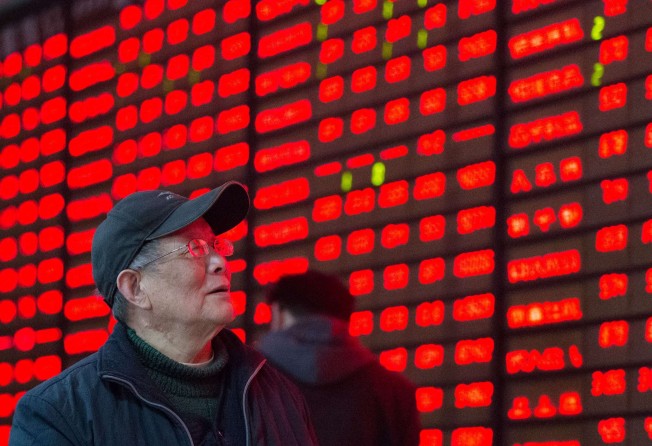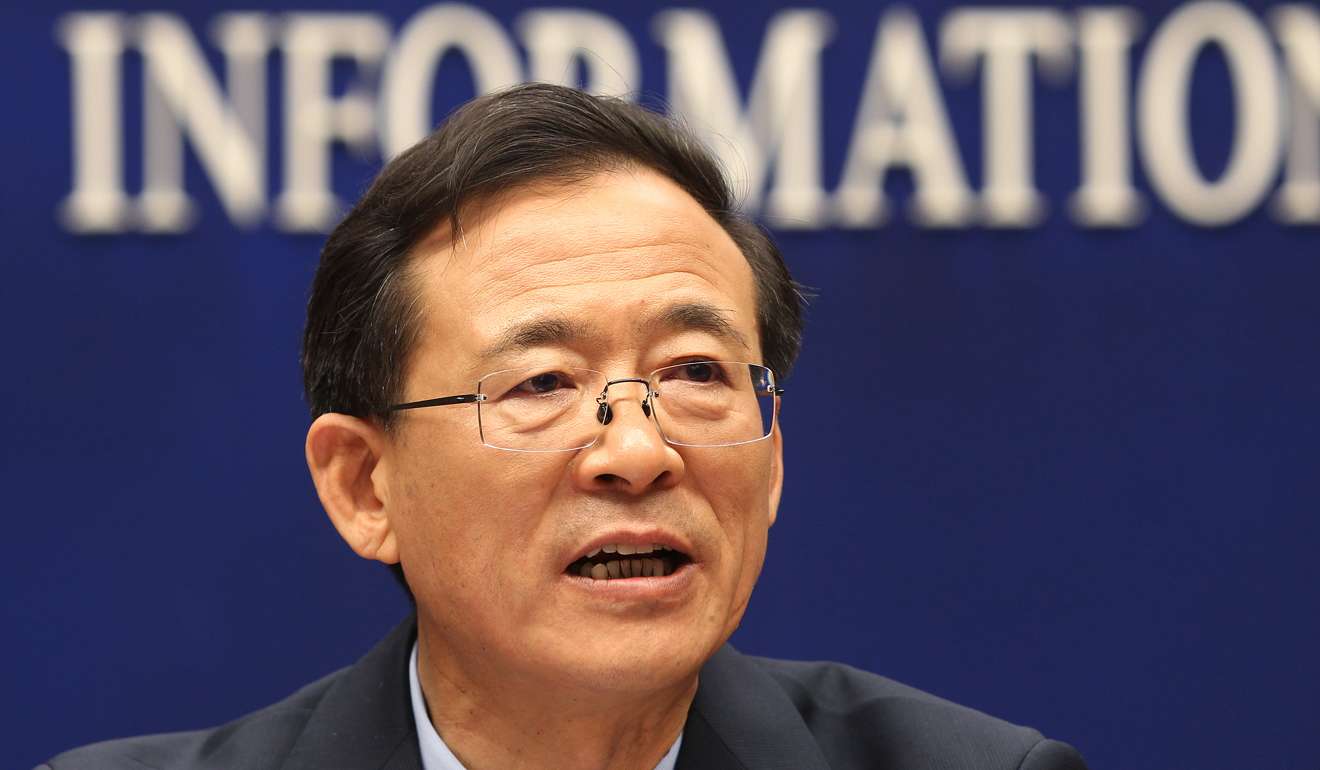Chinese stock market regulator steps up war on speculators
The CSRC and the Shanghai exchange pledge to increase supervision of newly-listed stocks and ‘Xiongan concept’ shares

The Chinese stock market regulator has escalated its war on speculators, pledging to increase “real-time” supervision of trading in newly listed and so-called ‘Xiongan concept’ shares.
Speaking at a meeting of members of the Shenzhen Stock Exchange over the weekend, China Securities Regulatory Commission (CSRC) chairman Liu Shiyu reiterated that bourses have the power and the responsibility to conduct real-time oversight and restrict abnormal trading.
The CSRC and the Shanghai exchange say they will particularly focus their attention on preventing speculation in newly-listed small-cap firms and Xiongan concept stocks – those seen as likely to benefit from the development of the planned special economic zone in Hebei province.
The Shanghai exchange warned that it will ask companies to accurately explain the impact the Xiongan New Area will have on their business, and order them to suspend trading should they detect over-speculation.
Since Liu took office early last year, policy makers have been beefing up efforts to curb malpractice and volatility in a market known for its roller-coaster swings. A lack of effective oversight and rampant speculation are seen as being among the main causes of the stock-market mayhem that erased about US$5 trillion off the value of shares in 2015, and directly led to the resignation of Liu’s predecessor.
The benchmark Shanghai Composite Index is still down 38 per cent from its high in 2015.
“It certainly has a negative impact on the market in the short term,” said Zhang Haidong, chief investment officer at Shanghai Jinkuang Investment, referring to the regulatory crackdown. “But in the long run, it will encourage the formation of value investing and fundamental research.”

About a dozen Xiongan-related stocks tumbled, as they resumed trading after being suspended for the past two trading days. China Fortune Land Development and Bohai Water Industry, whose shares had jumped at least 70 per cent over the past two weeks, were among those that slid 10 per cent.
The stocks were earlier required to halt trading to conduct self-checking of information disclosures after their shares surged.
The Shanghai bourse said on Friday evening that it had suspended intraday trading for 13 investors and issued warnings to 130 accounts for ramping up their holdings in Xiongan-related stocks. The exchange said it will urge related companies to accurately explain the impact the Xiongan New Area will have on their business, and order them to suspend stock trading should over-speculation occur.
Meanwhile, the CSRC said at Friday’s regular press conference that it handled 16 cases of the manipulation of shares of newly-listed companies. The manipulators rigged stock prices by either using ‘pump-and-dump’ tricks – boosting the price of a stock through recommendations based on false, misleading or exaggerated statements – through multi-accounts, or by colluding with company executives in information disclosures.
Amid the regulatory crackdown, institutional investors appear to be increasingly moving away from small-caps and into large and low-valuation stocks, which tend to be less subject to speculative thematic investment.
Stock-focused mutual funds held Shanghai-listed shares worth 532.8 billion yuan at the end of 2016, compared with 459.4 billion yuan of holdings of small-caps, according to TX Investment Consulting.
The Shanghai Composite has advanced 3.8 per cent this year, beating the 4.8 per cent loss on the ChiNext gauge of smaller firms.
“The current market style will persist amid a steadier economy, neutral-to-tight liquidity and weak risk appetite,” said Gao Ting, a strategist at UBS Group. “We reiterate our view that large-cap blue chips should continue to outperform small-cap growth stocks.”